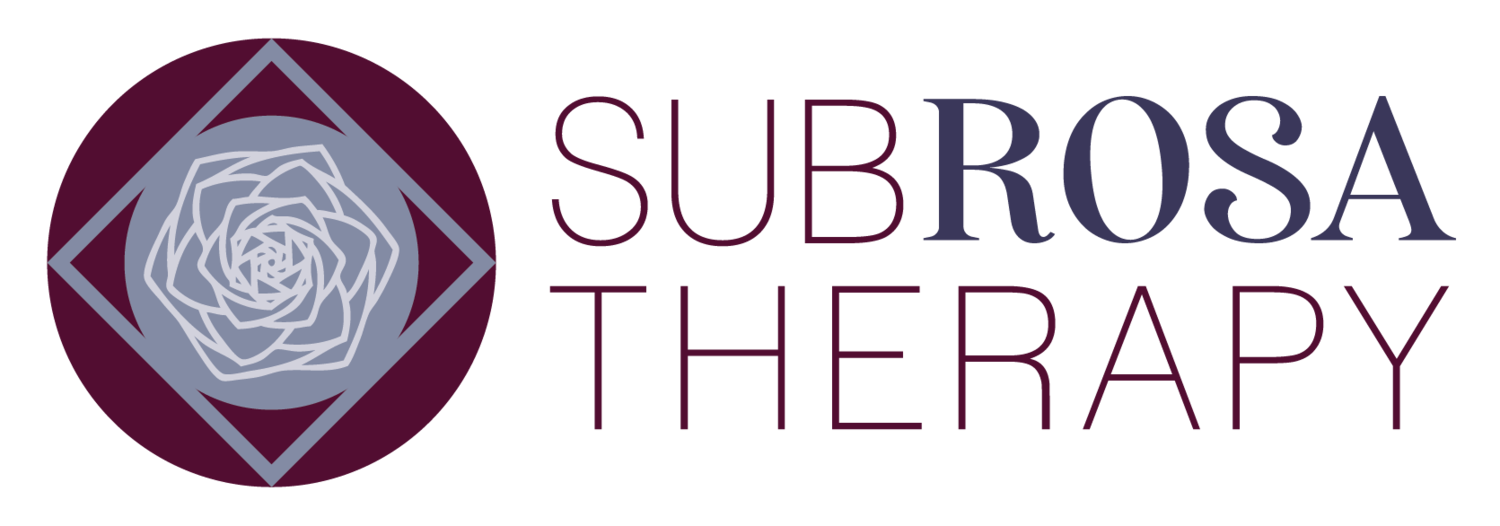
Frequently Asked Questions
How is Sub Rosa helping make its services accessible to people who would otherwise have trouble affording them?
We bill our clients’ health insurance policies to cover services whenever possible. While this does not create perfect access or full coverage, it helps in most cases. Medical evaluations, psychological assessments, and hour-long psychotherapy sessions are often covered with a co-pay or a co-insurance requirement. We contract with most major private insurance companies and with Montana Medicaid.
All services which include ketamine administration are non-covered services. In order to bring this cost down, we offer small group KAP weekend intensives (see, “About > Service Rates” for a full list of dates for our “Upcoming group KAP weekends.”) This allows clients to have a more transformative experience at lower cost - Day 1 of the weekend intensive is a dose-finding session and Day 2 is a targeted dose. Both of these experiences are followed by a group integration circle which tends to amplify the benefits for individual participants. This also allows Sub Rosa to offer need-based discounts to participants with Montana Medicaid policies. All of the above help make the KAP work more financially accessible.
How would you describe the therapeutic framework used at Sub Rosa Therapy?
Our overarching framework is the psychological flexibility model (PFM). More specifically, we draw from the principles and techniques of Mindfulness-Based Stress Reduction (MBSR), Internal Family Systems (IFS) and Somatic Experiencing® (SE). The tenets of PFM are Accept, Connect, and Embody. Clients learn to become aware of the felt-sense of the body as it arises within them. Different felt-sense states are amalgamations of past lived experiences encoded in the implicit memory. The implicit memory is not accessed through voluntary cognitive action but through training in body awareness and experiencing these felt-sense states. The general approach of psychological flexibility aligns with our chosen treatment modalities helping clients turn powerful inner experiences into a life better lived.
How does Ketamine-Assisted Psychotherapy (KAP) differ from Ketamine Infusion Clinics?
Ketamine Infusion Clinics come from the biomedical model, and Ketamine-Assisted Psychotherapy comes from the emerging psychedelic-assisted psychotherapy model. In practical terms, infusion clinics often seek to reduce the psychedelic experience, under the assumption that the psychedelic experience is an unnecessary side effect to the desired antidepressant effect of ketamine. Ketamine-assisted psychotherapy uses a standard of evaluation that places the psychedelic experience itself as an inseparable part of the mental health benefits of ketamine. In addition, infusion clinics may offer ketamine treatment without psychotherapeutic support, whereas KAP clinics offer ketamine sessions within the context of the therapeutic relationship and in keeping with the psychedelic medicine principles of mind-set, setting, and integration.
We are forever grateful for IV-Ketamine infusion clinics, which are able to bring this life-saving medicine to a much higher volume of people than a KAP clinic can.
Why is group work important and what models are used to create KAP groups?
The simple answer is that groupwork is a way to create scalable, affordable programs so that psychedelic medicine is accessible to more people. Participants need safe-containers for the significant mind-opening and spiritually expansive experiences that often arise with entheogenic and empathogenic medicines. As the psychedelic field grows (and gets capitalized), it is imperative to maintain the integrity of the work in thoughtful, safe ways that are respectful of boundaries. Group models are beginning to take place in many settings and many more will come as the need for both thoughtful and affordable programming is sought.
There is great potential to amplify healing and benefit communities along numerous psychosocial parameters of well-being, specifically because of being part of a supported group experience. Studies have shown these experiences can enhance social connectedness and psychological wellbeing. Social connectedness is a known antidote and buffer to mental illness. The objective of Sub Rosa’s group setting is to help participants build access to innate knowing of their inherent worth, wisdom and connectedness.
The current mental health and spiritual crises so many of us are facing call for deeply thoughtful and caring models that build connection, meaning, and purpose within small communities first, and then ever widening circles. Sub Rosa intends to create open secular groups that are welcoming of all faith and non-faith traditions, with time and attention given to the range of traditions people bring with them into the program. We acknowledge also the indigenous and spiritual traditions that stewarded the plant medicines for millennia and those who developed models for safe use.
We intend to practice cultural humility as group co-leaders and to welcome all people regardless of race, ethnicity, sexuality, gender, or SES. The goals of the program are to develop cohesive groups based on shared intentions and expectations, mutual support and a growth-mindset, within a safe container.
